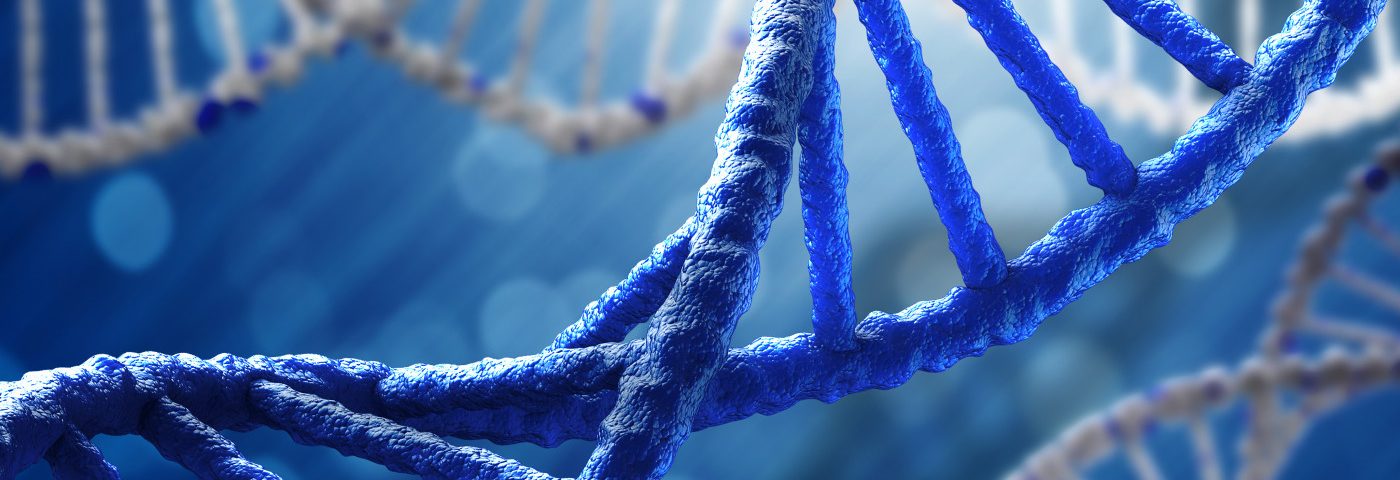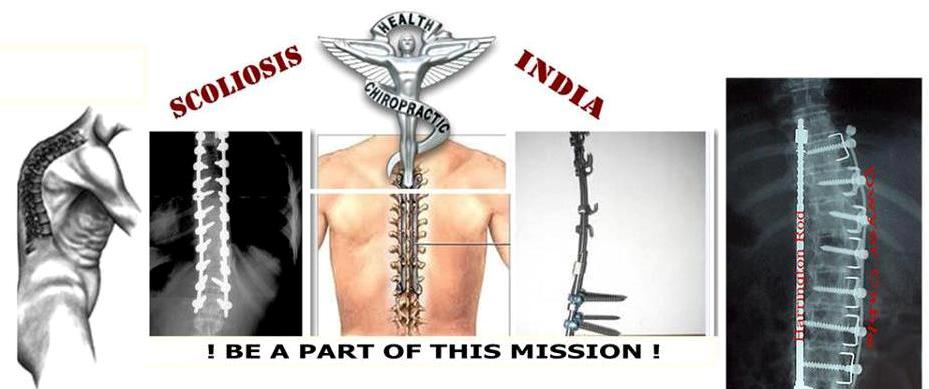A variation in the growth hormone receptor (GHR) gene, specifically the lack of a coding sequence called exon 3, does not seem to increase the risk for scoliosis in Prader-Willi syndrome (PWS) patients, a small study reports.


Exon 3 in the GHR gene was previously shown to be associated with increased growth in Prader-Willi children receiving growth hormone therapy.
The study reporting the findings, “Growth hormone receptor (GHR) gene polymorphism and scoliosis in Prader-Willi syndrome,” and was published in the journal Growth Hormone & IGF Research.
Treatment with growth hormone became a standard practice for Prader-Willi kids after the treatment was approved in 2000 by the U.S. Food and Drug Administration.
Growth hormone therapy leads to sustained benefits in body composition, physical strength and agility, and growth in Prader-Willi children.
However, the therapy’s effects in promoting a growth increase in PWS children with severe lower muscle mass and tone, a condition called hypotonia (common in Prader-Willi kids), may increase their risk for scoliosis, a condition in which the spine twists and curves to the side.
It is known that results from growth hormone therapy are influenced by genetic factors, including a variation in the GHR gene. The growth hormone is the natural ligand of the growth hormone receptor that, upon binding, triggers the activation of the pathway that eases the therapy’s effects.
In the study, researchers investigated the link between the GHR gene variation with scoliosis in a group of Prader-Willi patients.
In total, they analyzed 73 patients (34 males and 39 females) with a confirmed genetic diagnosis of Prader-Willi syndrome. Of these, 32 (mean age of 16.9) had been previously diagnosed with moderate to severe scoliosis, while the remaining 41 adults (mean age of 30.8) had no evidence of scoliosis.
In total, 23 (72%) of the patients diagnosed with severe scoliosis required surgical correction to fix the spine curvature.
Researchers analyzed the participants’ GHR gene sequence for variations, focusing specifically on a deletion of a coding sequence in the gene called exon 3, previously associated with a 1.7 to two times higher growth acceleration caused by growth hormone therapy compared to the normal gene.
Results showed no evidence of a high prevalence of exon 3 deletion in the GHR gene in Prader-Willi patients with and without scoliosis — 41% of scoliosis patients and 49% of those without scoliosis had at least one deletion of the exon 3.
Interestingly, Prader-Willi patients with scoliosis and a normal GHR gene (no deletions) had a significantly faster and heavier weight gain.
Overall, the results failed to find a link between an exon 3 deletion in the GHR gene and scoliosis in a small cohort of PWS patients.
Still, according to the team, the deletion of exon 3 in the GHR gene may “serve as a protective genetic status against the development of scoliosis particularly in combination with early GH [growth hormone] therapy and surveillance.”
“These relationships did not achieve statistical significance but the data trends and potential clinical implications of the association do warrant further study,” researchers wrote.
Source : Pradewillinews , 6 Sep 2018

No comments:
Post a Comment